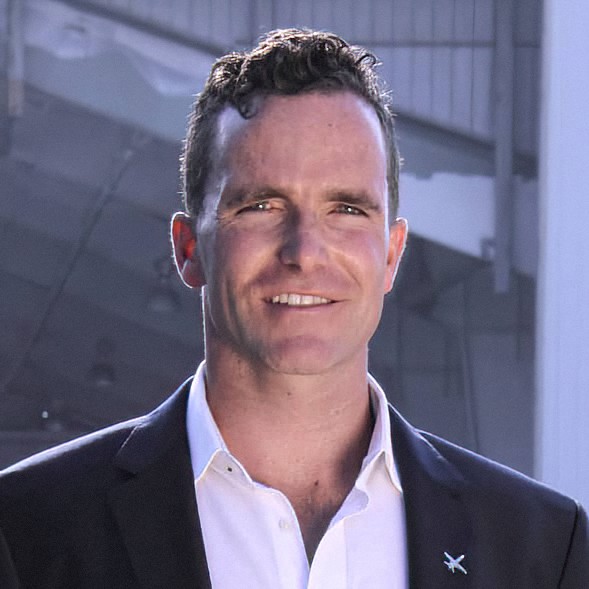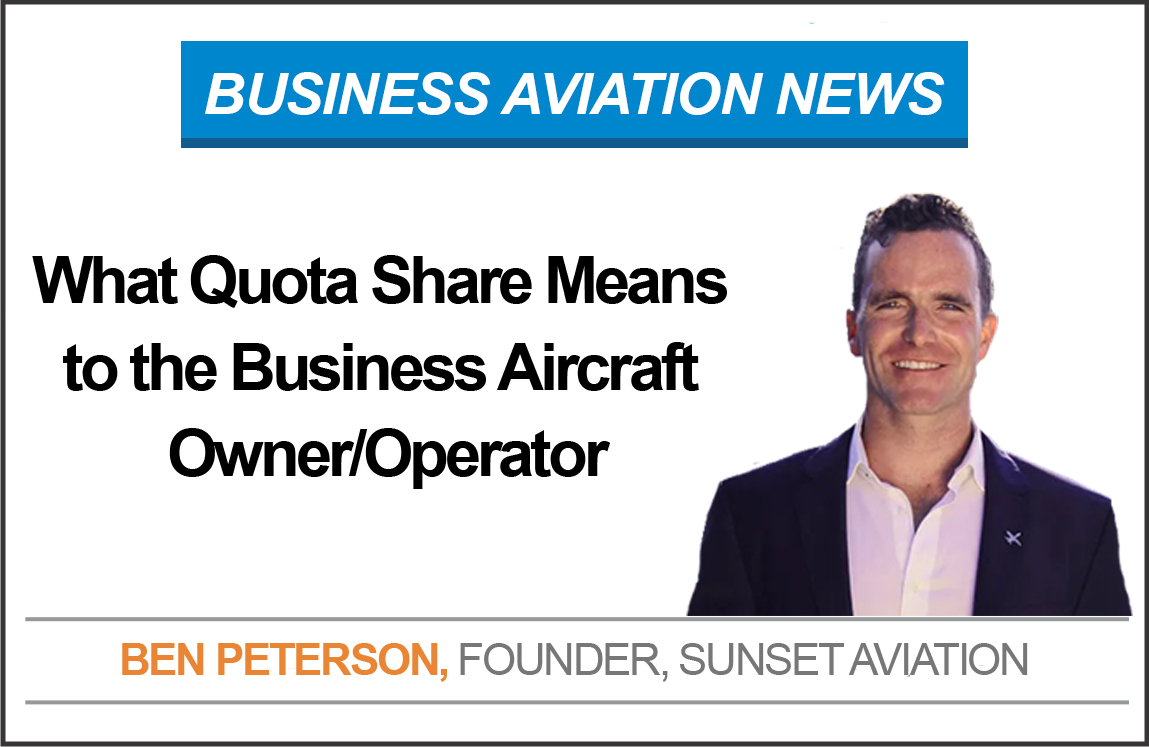Obtaining and keeping your high hull-value business aircraft insurance is getting increasingly difficult in the hardened post-Covid market. With aviation claims costs skyrocketing amid the ever-increasing cost of labor and materials in repair shops, not to mention the U.S. court system’s penchant for granting exceedingly high judgements against aviation entities after an accident, many underwriters have lost their appetite for insuring aircraft with hull values above $5 million, no matter what the premium. Some aircraft owners, especially older owner/operators of single-pilot light jets or those with relatively little jet experience, have found their insurance company dropping their policy at renewal time, even with no claims on the aircraft or owner record.
For owner/operators of aircraft such as HondaJets, Cessna Citations, Embraer Phenoms, Pilatus PC-24s, and high-end turboprops like the Super King Air or well-equipped PC-12s, the answer may be quota sharing. This is where multiple insurance companies share one risk, so that if a claim is made, no one company has to shoulder the entire burden of paying the claim. For example, Sunset Aviation Insurance recently brokered a set of policies for a large helicopter fleet operator in which the risk was shared by nine insurance companies.
As you can imagine, the paperwork involved in a quota share agreement can be tricky and tremendous, and this is where your broker shines. The broker will find one insurance company to take lead; this company agrees to take the largest percentage of the risk and will be the initial handler of any claims. Perhaps for a $5 million hull-value policy, the lead company may agree to a 50% quota share, and thereby would be on the hook for $2.5 million if a claim were made. The broker then finds one or more additional insurance companies to handle the rest of the risk. These companies would work with the lead on any claims. After 100% of the risk is accounted for, the policies are drawn up according to the percentage of the risk agreed to by each insurance company.
While quota sharing used to be relegated to larger multi-ship operations, the high cost of claims is making quota sharing a more attractive option for operators of high hull-value aircraft who are having a hard time keeping their aircraft insured in this hard market.
Note that light jet/turborprop owner/operators may find information on quota sharing and other insurance-related topics at the Owner/Single-Pilot Pavilion launched at NBAA-BACE 2021. Located at the outdoor display, this new pavilion will be the “place for single-pilot operators to connect with their peers and engage with useful, relevant content designed specifically for this key part of the industry,” according to the NBAA website.
If you have any questions about quota sharing or need assistance in finding insurers, please reach out to us at team@sunsetais.com or give us a call at +1-561-210-0244.

Benjamin Peterson
Graduated from the University of North Dakota with a degree in Commercial Aviation as a Pilot and Flight Instructor. My first professional job was working for Cirrus Aircraft as an instructor.
